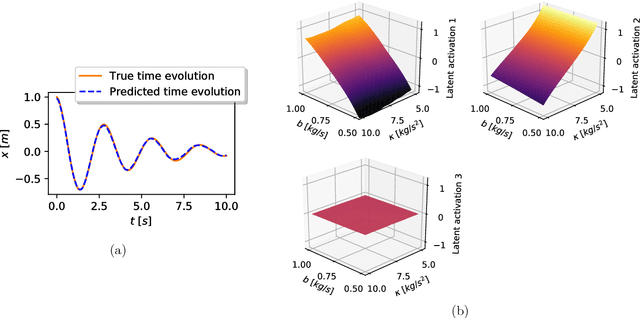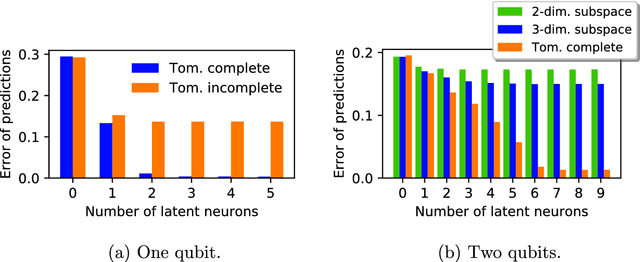Lidia del Rio
Discovering physical concepts with neural networks
Sep 29, 2018



Abstract:We introduce a neural network architecture that models the physical reasoning process and that can be used to extract simple physical concepts from experimental data without being provided with additional prior knowledge. We apply the neural network to a variety of simple physical examples in classical and quantum mechanics, like damped pendulums, two-particle collisions, and qubits. The network finds the physically relevant parameters, exploits conservation laws to make predictions, and can be used to gain conceptual insights. For example, given a time series of the positions of the Sun and Mars as observed from Earth, the network discovers the heliocentric model of the solar system - that is, it encodes the data into the angles of the two planets as seen from the Sun. Our work provides a first step towards answering the question whether the traditional ways by which physicists model nature naturally arise from the experimental data without any mathematical and physical pre-knowledge, or if there are alternative elegant formalisms, which may solve some of the fundamental conceptual problems in modern physics, such as the measurement problem in quantum mechanics.
 Add to Chrome
Add to Chrome Add to Firefox
Add to Firefox Add to Edge
Add to Edge